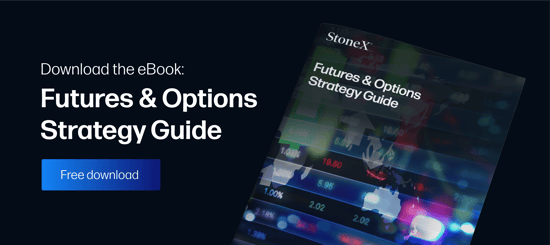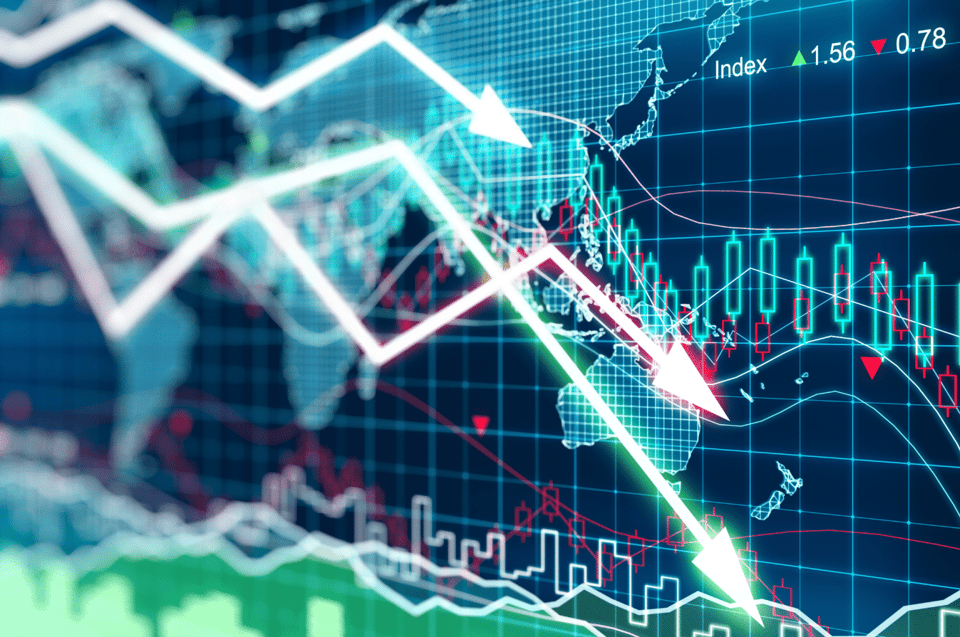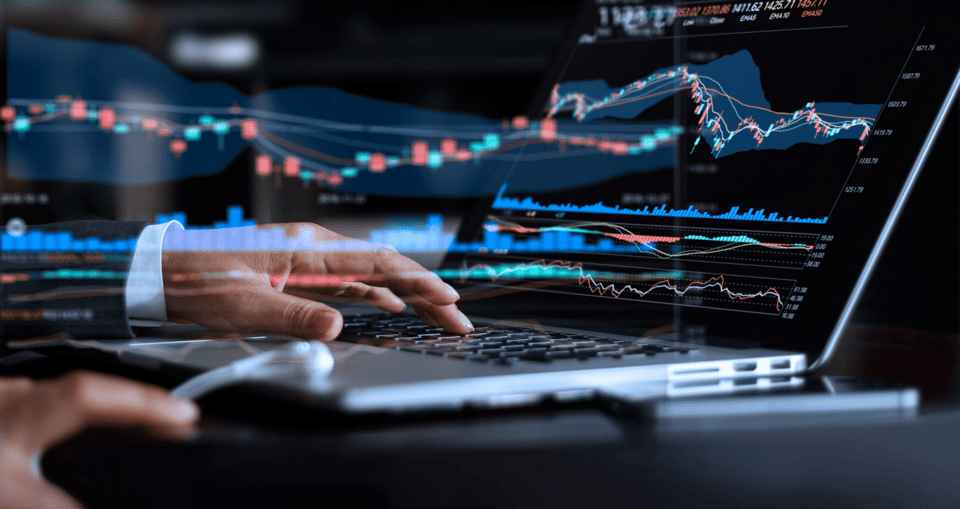Perhaps the most dreaded phrase in any trader or investor’s vocabulary is “margin call.” Margin calls are a broker’s request for the deposit of additional funds to bring the trading account above the initial or maintenance margin. Whether you’re trading equities, currencies or futures products, receiving a margin call is never a good thing.
However, with a bit of preparation and foresight, traders can easily avoid them.
What Is Margin?
A maintenance margin is the amount of money that must be kept in the trading account to facilitate operations. Depending upon the product being traded, maintenance requirements vary. Below are a few asset-specific examples:
- Stocks: The U.S. Securities and Exchange Commission (SEC) mandates that at least 25 percent of the account’s total value remains on deposit at all times.
- Currencies: In forex trading, margins function a bit differently than in equities. The Commodity Futures Trading Commission (CFTC) has limited maximum available leverage to 50:1 for currency traders located in the U.S.
- Futures: Margin requirements vary depending upon the contract, volatility levels and exchange being traded. Typically, maintenance margins are in the neighborhood of 5 percent to 10 percent of the contract’s total value.
The term “margin” is used to describe credit extended for trade-related purposes. Trading on margin is the act of using borrowed funds to facilitate open positions within a given market.
According to the tenets of margin trading, the client’s account balance functions as collateral for a line-of-credit issued by the broker. This credit enables the trader to take larger positions and implement higher degrees of financial leverage than initially possible. While everyone is subject to the same margin requirements regardless of their account balance, this credit does enable someone to utilize leverage.
The minimum deposit a clearing house requires to open such an account is known as initial margin. Initial margin varies depending upon the product and market being actively traded.
Trading On Margin In Futures
Trading on margin in the futures markets is structured in a unique fashion. Instead of assigning a standard maintenance amount according to the value of an outstanding position, current margin requirements are assigned by each exchange and broker. These amounts are subject to change according to evolving market conditions.
Below is an example of how the maintenance margins for one contract of WTI crude oil are defined:
| Quantity: | 1000 barrels |
| Current market price: | $46.00 |
| Value of contract: | 1000 * $46.00 = $46,000 |
| Maintenance margin: | $2,400 per contract |
| Margin rate: | 5.2% |
In addition to the initial and maintenance margin requirements put forth by the exchange, an intraday margin is defined by the broker. The intraday margin is a set amount per contract of the asset class being traded. It effectively limits how much exposure the trading account can assume at one time.
Any trades are educational examples only. They do not include commissions and fees.
Calculating intraday margin amounts is straightforward. For example, the E-mini S&P 500 futures contract is commonly assigned a $500 intraday margin. This means that for every ES contract involved in an open position, $500 must remain in the trading account to facilitate the trade.
Futures Trading and Margin Calls
Margin calls are made to insulate the brokerage firm from any undue risk arising from the client account. In futures trading, most transactions are conducted using margin. The trading account operates as a “good faith” loan, with a majority of open positions in the market exceeding customer deposits. As the value of an open position fluctuates, the customer’s trading account is credited or debited the difference. In the event that margin requirements are violated, a margin call is issued.
Margin calls can arise from unforeseen market fluctuations. Positions can be liquidated without the trader’s consent according to the guidelines put forth by the brokerage. Additional fees are passed through the trader in the wake of a margin call or liquidation.
Avoiding a Margin Call
Avoiding a margin call is relatively simple. As pricing volatility facing an asset-class increases, so do the margin requirements. Remaining cognizant of changing market conditions and implemented leverage are all that is needed to sustain an adequate account balance.



